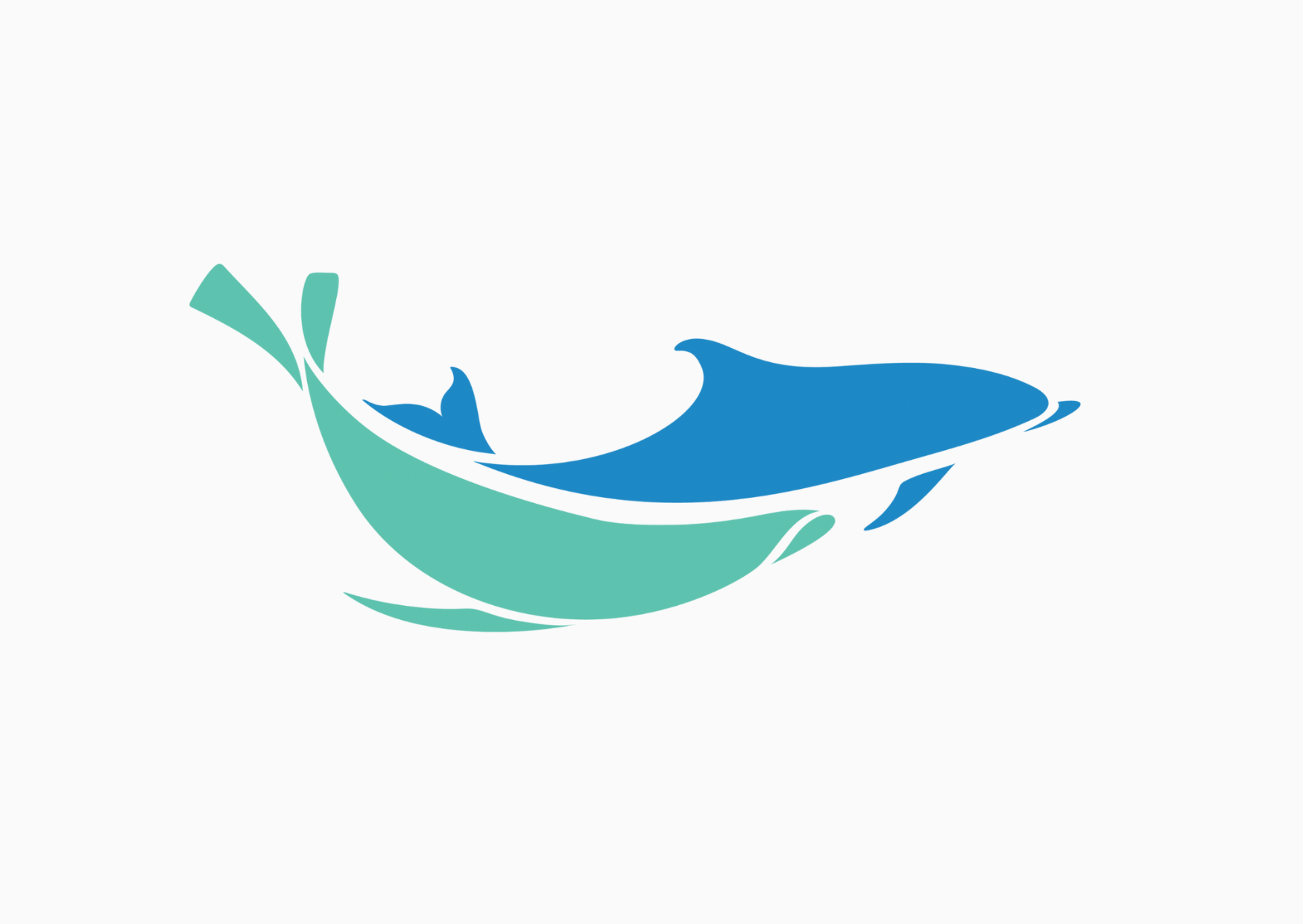Preserving conservation efforts in zoos is paramount, regardless of political motives
- President

- Jan 15, 2021
- 2 min read
The European Association for Aquatic Mammals (EAAM) expresses its serious concern and disagreement with elements of law proposal 3661, tabled in the French National Assembly on 14 December 2020 to fight against animal abuse.
Despite the fact that no cetacean in a French zoo is the subject of any type of abuse, Article 12 of the bill calls for the removal of cetaceans (dolphins and orcas) from their homes within a few years and would ban their natural reproduction. These provisions fail to take into consideration the implications of such measures on the welfare of the animals concerned and seriously jeopardise the important scientific and educational missions of zoos.
While opinions differ as to the presence of charismatic species in zoological institutions, the question nevertheless deserves a genuine public debate, conducted in a calm and constructive manner. Unfortunately, the Government immediately initiated the accelerated examination procedure on this text, limiting it to a single reading in both Houses of Parliament. This procedural maneuver creates the possibility of an incomplete parliamentary debate, relegating Parliament to a chamber for the registration of government decisions taken without consultation.
The fragmented and even misleading arguments by a limited group of critics against cetaceans in zoos are based on an outdated image of “dolphinariums” from years ago. The EAAM fully agrees that wild animals should not be kept for entertainment and that any poor-quality facilities that do not meet the welfare requirements of animals should be immediately closed.
On the other hand, modern zoos that deliver conservation, research and education benefits while guaranteeing the well-being of the animals must remain open and focus on supporting the conservation of species in the wild.
In this context the EAAM strongly recommends to:
Maintain dolphins housed in existing French zoos that meet strict standards and best professional practices for animal welfare to enable conservation education and research;
Allow employees of these institutions to keep their jobs and to carry out their conservation, research and education missions;
Maintain the possibility for up close, safe observation of zoo-housed animals to create human-animal links and motivate behaviour change in the interest of the environment.
To contribute to this important debate, the EAAM has published today an online book entitled: “The Cetacean Protection Debate: Uniting for a Common Cause?” In this publication, the EAAM presents several case studies pertinent to proposals to rehome zoo animals in sea-pens; responds to unfounded or misleading claims based on peer-reviewed scientific literature; and offers a way forward in the interest of cetacean conservation.




Comments